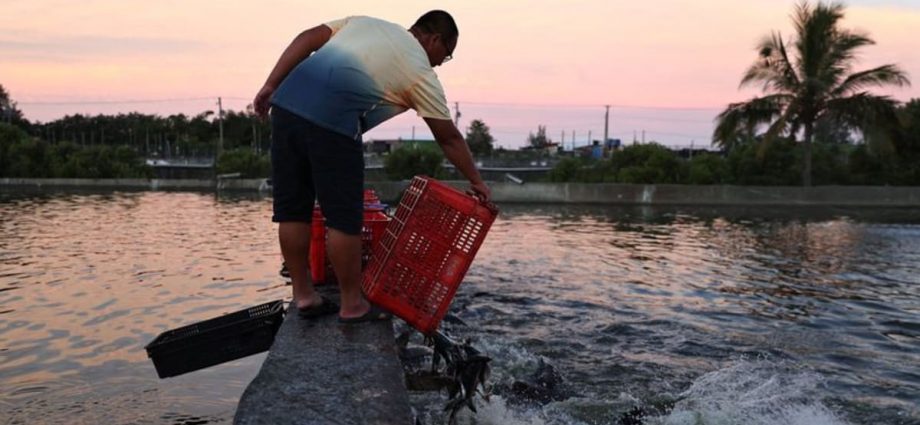
Beijing extended its ban on Taiwan’s seafood a day after Pelosi’s arrival, blocking shipments of chilled white striped hairtail and frozen horse mackerel, saying it had found traces of the coronavirus on the packaging of some products.
The bans were widely seen as retaliation against Taiwan for allowing the visit, which prompted China to launch unprecedented military exercises around the island. China described Pelosi’s visit as a provocation that undermines its sovereignty and territorial integrity.
Taiwan rejects China’s sovereignty claims and says only its 23.5 million people can decide their future.
“I personally don’t think it helped Taiwan whatsoever,” Chen said of Pelosi’s visit. “It creates some economic loss for the Taiwanese people instead. I don’t know why she came.”
China also banned imports of sand – used to make concrete – and suspended shipments from 35 Taiwanese exporters of biscuits and pastries.
In the first half of this year, China’s imports from Taiwan reached a value of US$122.5 billion, up 7.3 per cent from a year earlier, Chinese customs data showed. Taiwan’s sales of fish and other aquatic invertebrates to China amounted to 399 million yuan (US$59 million).
According to Goldman Sachs, food exports to China accounted for just 0.4 per cent of China-bound Taiwan exports, which are dominated by high-tech products, and sanctions have mostly affected farmers and fishermen.

